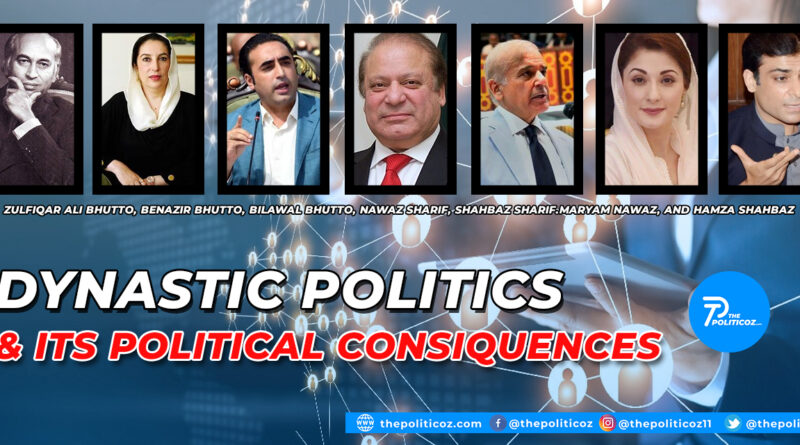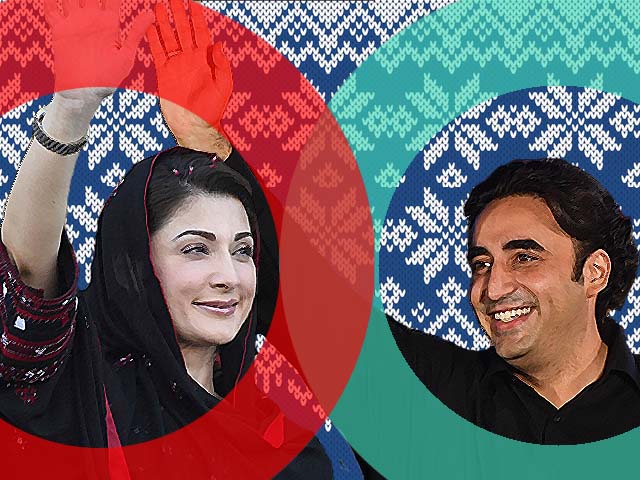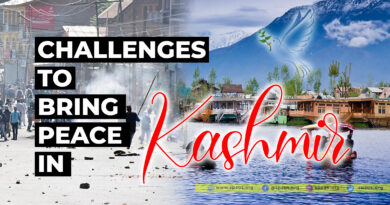Dynastic Politics and its Political Consequences
Dynastic Politics & its Political Consequences
Dynastic Politics, a political family (sometimes known as a political dynasty) is a group of people who are all involved in politics, especially electoral politics. Members may be linked by blood or marriage, and there may be numerous generations or siblings involved.
Despite significant political and social developments over the last 75 years, Pakistani electoral politics has mainly remained a family affair. Pakistan’s legislatures are still dominated by a small number of families, resulting in oligarchies.
The country’s political culture is dominated by a sense of dynastic entitlement, which is inhibiting the growth of institutional democracy.
Although subsequent generations of a royal family have played political roles in a republic (such as Zulfiqar Ali Bhutto and now Bilawal Bhutto Zardari from the PPP, Nawaz Shareef to Hamza and Maryam from the PML(N). A family dictatorship is a type of dictatorship that functions similarly to an absolute monarchy but happens in an ostensibly democratic society.
Overview
Pakistan is riddled with serious flaws, both religious and ethnic in nature. Furthermore, the state is in shambles due to ineffective bureaucracy, deep-seated feudalism, and dynasty politics.
In Pakistan, electoral politics is, unfortunately, a family affair, with a few families running the legislatures, effectively converting them into oligarchies. Furthermore, many feudal elites have acquired control of politics; capital looks to be as powerful as land.
Why is it that the party is always led by a single name? Unfortunately, the democratic process is far from perfect. First, a fundamental impediment to improving Pakistan’s electoral system is the lack of democracy within political parties. All major dynastic political parties are aware of their heirs and successors. This obstructs the institutions’ progressive expansion and equal representation of all individuals who do not share the ‘dynastic blood.’ Because they are not from ‘the family,’ and there are no intra-party elections, many veteran politicians in these parties never become chairman.
It is worth noting that in political parties, all heirs do not get to the level of chairmanship because of their work for their constituencies, grassroots efforts, or devotion to the people; rather, they become parliamentarians/representatives solely because of their surnames and heritage.
This is where the gloomy situation begins. Unfortunately, individuals capable of and deserving of representing the people at the national level are not born into these families. Because of the strong nexus between political dynasties and bureaucracy, institutional reforms are rarely seen.
Shareef's Dynastic Empire

The Sharif family rose to prominence during Gen Zia’s military dictatorship in the 1980s, as part of the post-partition industrialist and economic elite. Its strength comes primarily from the support of Punjab’s urban mercantile class, which deviates from the trend.
The Bhutto legacy has dominated Pakistan’s political landscape for the past three decades. After Zulfikar Ali Bhutto’s execution, his daughter Benazir Bhutto took over as Prime Minister. However, her assassination in 2007 ushered in a new political dynasty led by her husband, Asif Ali Zardari. Zardari has two sisters and a brother-in-law who are members of the National Assembly, in addition to being the country’s president. Furthermore, Faryal Talpur, his sister, is elected from the Bhutto family seat in Larkana, officially ending the Bhutto dynasty.
Political Consequences of Dynastic Politics
The dynastic politics has infiltrated the country like a parasite. At both the provincial and federal levels, relatives of politicians by blood and marriage can be found. Politics has devolved into a family business rather than a deliberate effort to benefit communities. They will campaign for the elections not to improve the lives of millions, but to demonstrate their “innate” right to control and dictate. Pakistan’s rural districts are strongly enmeshed in feudalism and political dynasties. Ordinary Pakistanis living in distant areas are oblivious to the ruling elites and are mentally slaves to them. He understands that aiding these families is crucial to his salvation.
Potential Rivals Deterred
On the other side, inheriting political capital — a well-known name, a good reputation, a powerful network, and a party machine — may provide dynastic descendants with electoral advantages while also posing a risk of poor governance due to adverse selection and moral hazard (by dampening the performance incentives of incumbent dynasts). Potential rivals may be deterred by the belief that dynasties are difficult to dethrone, hence dynastic rule may chill political competition.
Economic Impacts
In the near term, dynastic control has a negative impact on local economic development. Constituencies dominated by dynasties endure slower growth, public good provision deteriorates, and dynasties are regarded the worst in terms of performance.
Now something very important is that all the ‘heirs’ of the political parties did not rise to the level of chairmanship due to their work for their constituencies, or their efforts at the grassroots level or their commitments to the masses, they become parliamentarians/representatives simply due to their surnames and heritage. This is where the sad state of affairs begins. Individuals who are capable and deserve to be representing the people at the national level are not born in these families unfortunately. We hardly see institutional reforms, just because there is strong nexus between political dynasties and bureaucracy.
The Military Rule
Military coups have occurred three times in Pakistan’s democratic system. Not unexpectedly, the military has been responsible for the entrenchment of dynastic politics in Pakistan for the majority of its existence, whether directly or indirectly. All military dictators have sought to co-opt prominent political families in order to justify and extend their reign.
With few exceptions, every major political dynasty has been a part of succeeding military administrations in order to secure their long-term political interests and gain official patronage. Military administrations aided some of the most influential political families.
Since its inception, Pakistan has spent most of its time under military rules.
Dynastic Politics Hinders Development
Whenever funds are designated for local development and disbursed to MNAs under dynasty politics. MNAs in charge of presenting local development programs in the fields of health, education, roads, water supply, drainage and sanitation, electrification, and other sorts of local infrastructure are constantly engulfed. Due to the illiteracy of the general public, no one questions anything, and anyone who does is punished. Those with biradari ties, on the other hand, are less likely to spend money on local development. This variety means that dynastic leaders’ incentives to respond to citizens’ needs will differ depending on local institutional frameworks.
Threat To Democracy
Dynastic politics is a major threat to democracy and its greatest foe. Positions such as president and prime minister are held by a single party under dynastic politics, and if the father is absent for some reason, the son takes his place.
Dynastic politics has severely damaged democracy. The following picture shows two dynasts Maryam Nawaz and Bilawal Bhutto Zardari.
“The family runs the party, this is a big danger to democracy. The family-run parties are the biggest enemy of democracy as it negates the basic norms. Their goal is to save family whether there is any benefit of the country”
To cap it all, public discontent of the current system is growing, according to several polls. The country is in desperate need of transformation. But, in the upcoming elections, will popular sentiment be turned into a vote against the old order? Or will the status quo be restored?





